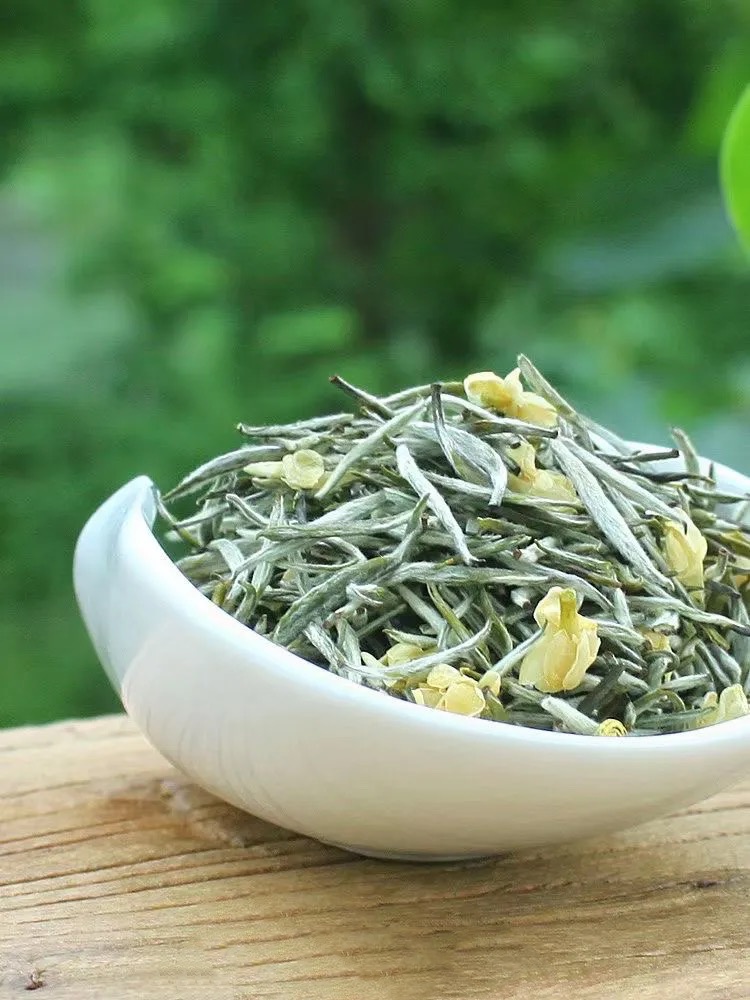
Pregnancy is a transformative experience, and every choice—especially dietary—can feel crucial. One question that frequently arises in pregnancy wellness communities is: Can I drink jasmine tea when pregnant? With its enchanting aroma and calming properties, jasmine tea seems like a comforting choice. But is it safe?
In this guide, we’ll explore five vital truths about consuming jasmine tea when pregnant, covering safety, benefits, cautions, and how your tea brand can ethically and effectively position this product for expecting customers.
1. Jasmine Tea When Pregnant: Is It Safe?
The short answer is—in moderation, yes, but with specific considerations.
Jasmine tea is typically made by infusing green tea with jasmine blossoms. While the flowers themselves are safe, the caffeine in green tea is the first red flag during pregnancy. Health experts recommend that pregnant women limit caffeine intake to 200mg per day.
A single 8 oz cup of jasmine tea contains about 20–30 mg of caffeine, meaning an occasional cup should be fine for most pregnant individuals.
However, it’s essential to clearly inform customers:
- Always consult with a healthcare provider first.
- Choose high-quality, low-caffeine blends.
- Avoid artificial flavorings or additives.
For official guidance, refer to the American College of Obstetricians and Gynecologists
2. It May Help Ease Morning Sickness and Nausea
One of the lesser-known benefits of drinking jasmine tea when pregnant is its potential to calm an upset stomach. The floral scent of jasmine has been shown to have a soothing effect on nausea and anxiety.
If your tea line includes caffeine-free herbal jasmine blends (e.g., rooibos or chamomile bases), these are excellent options to highlight for morning or nighttime use. Such blends offer a sensory escape while gently calming the digestive system.
You could position a “Pregnancy Safe” collection that includes:
- Low-caffeine jasmine tea
- Herbal, caffeine-free alternatives
- Pregnancy-safe steeping tips and serving sizes
3. Supports Mental Calm and Emotional Balance
The emotional rollercoaster of pregnancy is real. Hormonal changes, sleep disturbances, and physical discomfort can leave expecting mothers craving calm.
The gentle aroma of jasmine—even when steeped in low-caffeine or caffeine-free teas—has been shown to:
- Reduce heart rate
- Lower stress levels
- Support mood balance
By focusing on sensory relaxation, jasmine tea when pregnant can become more than a beverage—it can become a ritual of self-care and emotional grounding.
Discover jasmine’s aromatherapeutic effects at Verywell Health
4. How Much Jasmine Tea Is Safe During Pregnancy?
This is a key concern among customers—and where your brand can offer clarity and credibility. While occasional consumption is generally safe, the recommended limit is 1–2 cups per day for most pregnant women, depending on caffeine content.
Ensure your product descriptions answer these FAQs clearly:
- How much caffeine is in each serving?
- Is this tea organic and free from harmful additives?
- Are there caffeine-free alternatives?
By being transparent, your brand builds trust—and aligns with maternal health standards.
Tip: Include a downloadable “Pregnancy Tea Safety” guide with every order. It’s a value-add that improves customer loyalty.
5. Offer a Maternity-Friendly Tea Line Without Compromise
Many tea brands shy away from marketing to pregnant women due to safety concerns. However, this demographic is highly engaged, research-driven, and willing to invest in quality and safety.
If your jasmine tea line includes:
- Organic sourcing
- Lab-tested caffeine levels
- Herbal alternatives
You’re uniquely positioned to dominate this niche. Market your product not only as a beverage, but as part of a pregnancy-friendly lifestyle bundle that could include:
- Reusable tea bottles
- Belly butter samples
- Relaxation playlists
Build authority through educational content, such as this blog post, and generate long-term customer value.
Final Thoughts: Should You Drink Jasmine Tea When Pregnant?
The truth is nuanced. Jasmine tea when pregnant can offer comfort, mental relief, and mild digestive support—but only if consumed mindfully. Expecting mothers must balance the need for natural wellness with medical safety, and that’s where your tea brand steps in as both product and guide.
Summarizing the key takeaways:
- Limit to 1–2 cups daily (due to caffeine)
- Opt for pure, high-quality blends
- Consider caffeine-free jasmine herbal teas
- Educate your customers clearly and ethically
Done right, your jasmine tea can be the soothing companion of countless prenatal journeys—boosting not only health but customer trust and brand loyalty.

